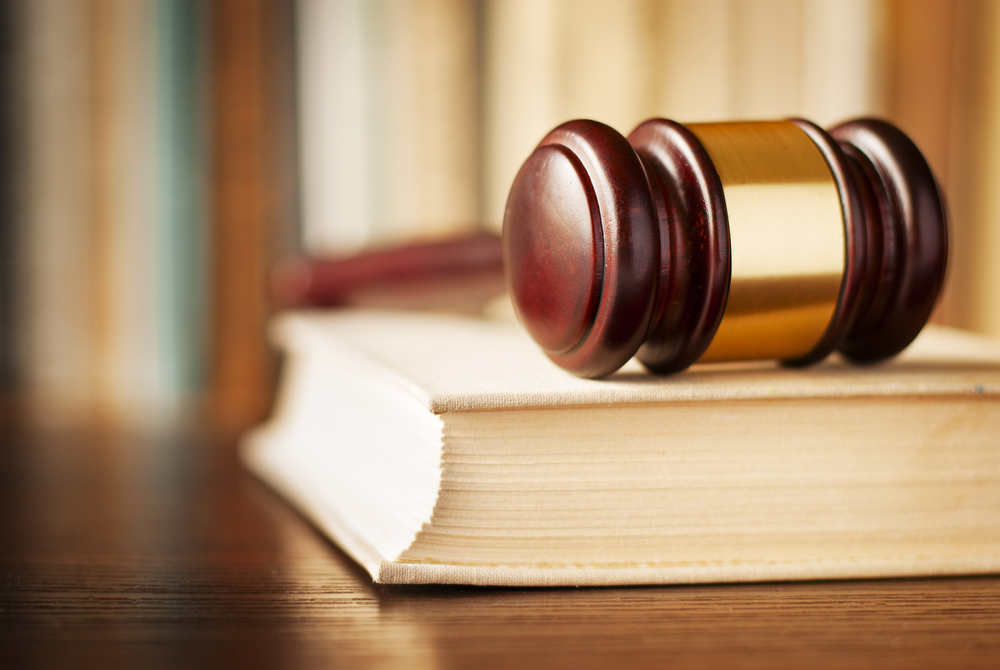Questions on First Amendment rights violations in the new digital public square continue to circulate in the lower court systems across the country.
However, the Second Circuit U.S. Court of Appeals recently solidified the precedent that social media accounts of elected officials (specifically President Trump’s Twitter account, in one case) can be public or private — not both.
And don’t think the President is alone in responding to unflattering tweets with attempts to block dissenters; a similar lawsuit was filed recently against a prominent Democratic congresswoman.
Three-Judge Panel Upholds Lower Court’s Findings
In a 29-page ruling, the three judges hearing the case unanimously upheld the lower court’s finding that the President violated First Amendment rights when he blocked certain users from accessing his Twitter feed.
So who were these certain users? And what were the tweets that prompted the President to block their Twitter accounts? Let’s take a look at the admittedly hostile tweets:
Rebecca Buckwalter: “To be fair you didn’t win the WH: Russia won it for you.”
Philip Cohen: “Corrupt Incompetent Authoritarian. And then there are the policies. Resist.”
Holly Figueroa: “This is pretty much how the whole world sees you.” (with video of the Pope glancing at the President)
Eugene Gu: “Covfefe: The same guy who doesn’t proofread his Twitter handles the nuclear button.”
Brandon Neely: In response to a new coal mine opening in Pennsylvania, “Congrats and now black lung won’t be covered under #TrumpCare.”
Joseph Papp: “Why didn’t you attend your #PittsburghNotParis rally in DC, Sir? #fakeleader”
Nicholas Pappas: “Remember when you hired your corrupt son-in-law Jared Kushner. Ivanka must be attracted to men like her father.”
Because President Trump regularly conducts official business and otherwise interacts with the public through @realDonaldTrump, his account is deemed public. So his blocking these seven citizens effectively bars them from participating in a public forum based on their opinions or viewpoints, which the First Amendment prohibits.
How the Judges Came to Their Decision
The court noted a number of White House administrators (and the President himself) have described the President’s use of his Twitter account as “official.” Perhaps most famously, his then-press secretary Sean Spicer was quoted as saying Trump’s tweets are “official statements by the President of the United States.”
As such, the judges explained that the First Amendment “does not permit a public official who utilizes a social media account for all manner of official purposes to exclude persons from an otherwise-open online dialogue because they expressed views with which the official disagrees.”
The appellate panel reiterated a long-held axiom about the solution to unwanted speech: “If the First Amendment means anything, it means the best response to disfavored speech on matters of public concern is more speech, not less.”
This Won’t Be the Last Case of Its Kind
Jameel Jaffer, the Knight Institute attorney (and executive director) who argued the case released a statement following the victory:
“Public officials’ social media accounts are now among the most significant forums for discussion of government policy… This decision will ensure that people aren’t excluded from these forums simply because of their viewpoints… [and] the integrity and vitality of digital spaces that are increasingly important to our democracy.”
Although the President himself hasn’t commented, the Justice Department said it’s looking into next steps. The President may seek review by the US Supreme Court, but in my humble opinion, his chances of obtaining Supreme Court review, let alone prevailing, are minimal based on the long-standing axiom that the solution for unwanted speech is more speech, not censorship. Justice Brandeis identified this as the “counterspeech doctrine.”.
In the meantime, for those wondering whether the ruling comes with a political lean, sit tight. Watch closely. Just hours after this ruling, a similar suit was filed against outspoken Congress freshman Alexandria Octavio-Cortez that contains the very same allegations.
If you have legal concerns related to the digital world, avoiding or defending defamation claims, invasion of privacy, or free speech, I can be reached at 904-807-2179 or [email protected].
